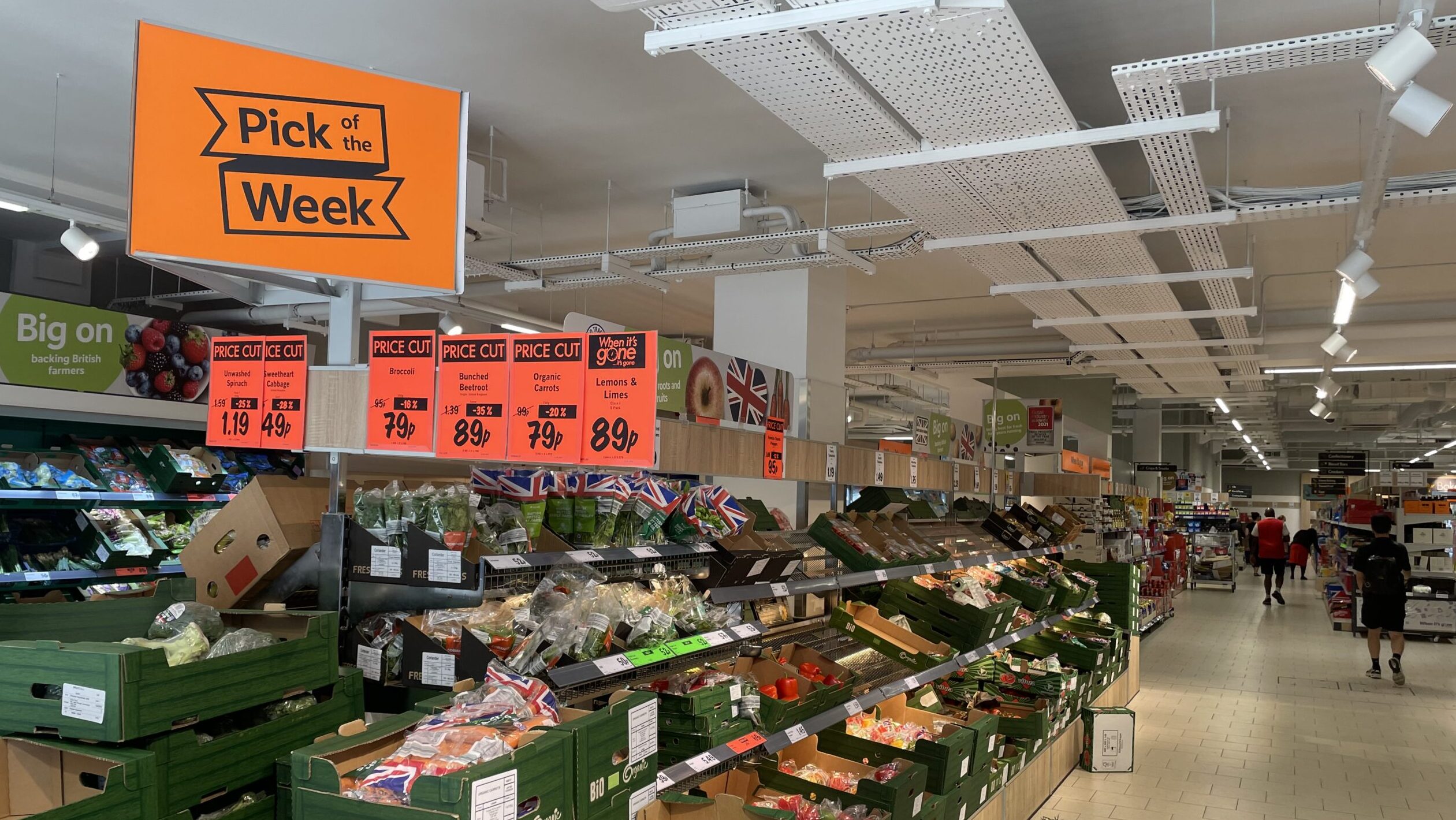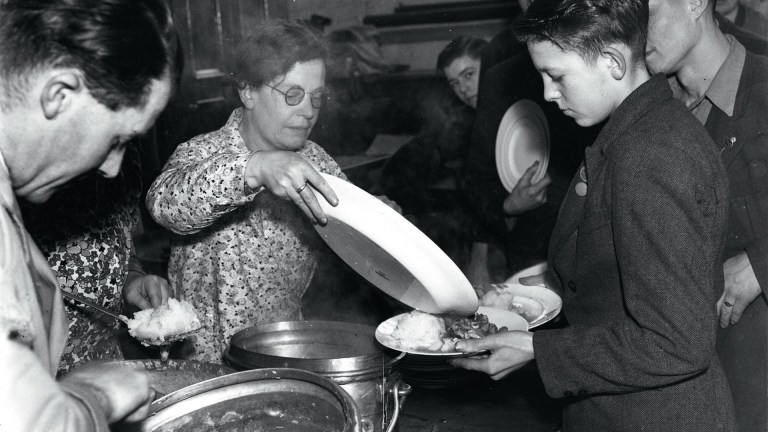Your support changes lives. Find out how you can help us help more people by signing up for a subscription
The cost of living crisis is seeing Lidl increase its market share – it rose from 7.1% to 7.6% in the year to September. Lidl’s German rival Aldi is planning expansion, with its sights set on opening another 500 stores. Soult predicts the trend to continue.
“We already saw discount rival Aldi leapfrog Morrisons into fourth place last year, and by the end of next year I would expect Lidl to have overtaken Morrisons as well,” he said.
The pressures we’re all facing when going to the shops play into Lidl’s hands, and it’s a smart move to try and change shoppers’ habits, Dr Amna Khan, senior lecturer in consumer behaviour and retail at Manchester Metropolitan University, told The Big Issue.
“They can attract more consumers, if their prices are competitive, as consumers switch supermarkets to create value,” Khan said.
“When the consumers build habits of buying products which are cheaper than rivals they are unlikely to return to the supermarkets when finances are not squeezed.”
Advertising helps fund Big Issue’s mission to end poverty
Get the latest news and insight into how the Big Issue magazine is made by signing up for the Inside Big Issue newsletter
Trust matters when you’re shopping, and if you get into the swing of shopping somewhere you’re likely to keep going back.
“Consistency in pricing is essential to maintain trust with shoppers. Even in a heavily inflationary environment, discounters will tend to take the margin hit before passing any cost on to the customer,” said retail analyst Natalie Berg.
“They’re playing the long game. A cost of living crisis is the perfect time for budget supermarkets to acquire new customers and ensure they’re meeting the needs of existing ones.”
Lidl can afford to do this in a way other supermarkets can’t. Whereas companies like Sainsbury’s and Tesco are traded on the stock market, Lidl is a family-owned business.
And as Allyson Stewart-Allen, an associate fellow at the University of Oxford’s Saïd Business School explains, that gives them way less room to do things like this.
Advertising helps fund Big Issue’s mission to end poverty
“Most family businesses can afford to take the long view, as Lidl is,” Stewart-Allen said.
If a company is on the stock market, it will usually need to meet quarterly earnings targets for its shareholders.
“The ecosystem puts companies under pressure to hit the quarterly targets, and if they don’t hit those quarterly targets then the pension funds divest,” said Stewart-Allen.
There’s a warning for the future, too. Stewart-Allen warns that the deep discounts might not last once the customers are converted.
“Once you have critical mass – you have in other words enough people now shopping in your stores – you can go back to normal pricing,” she said.










